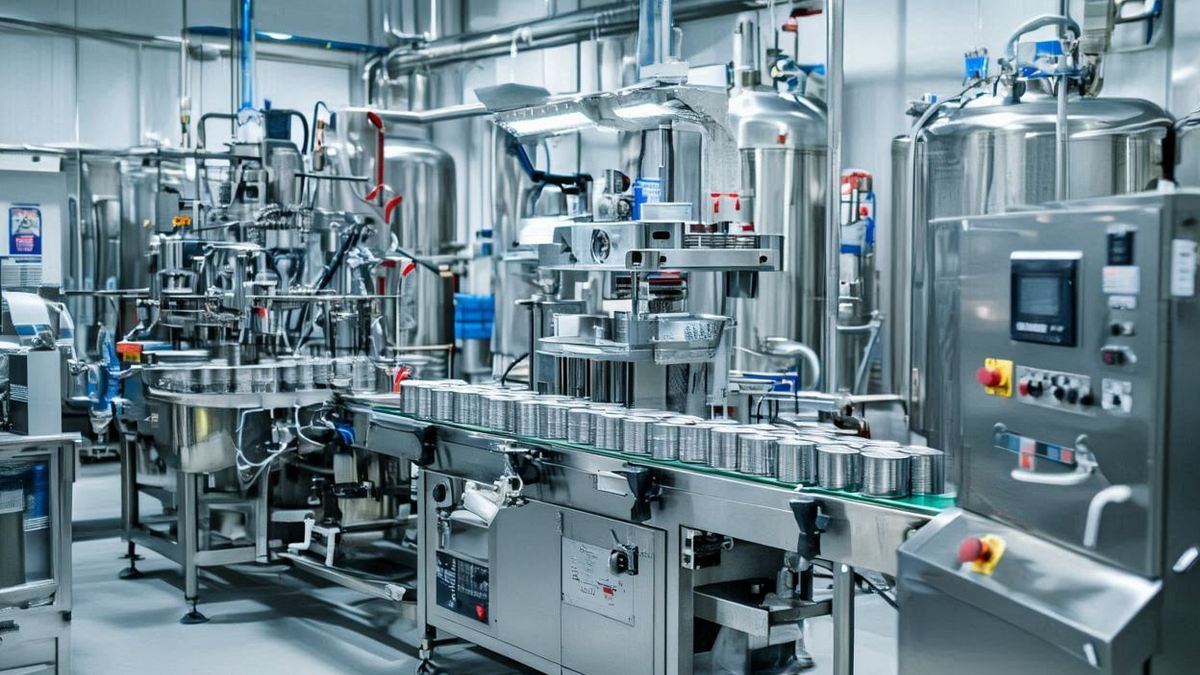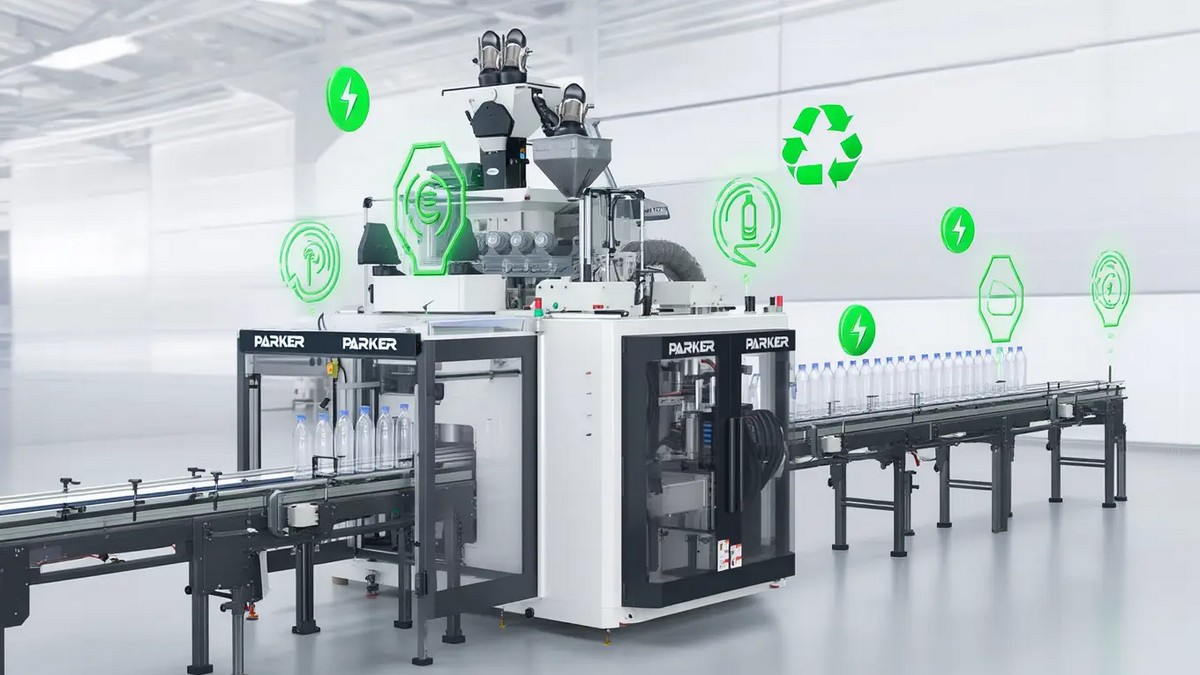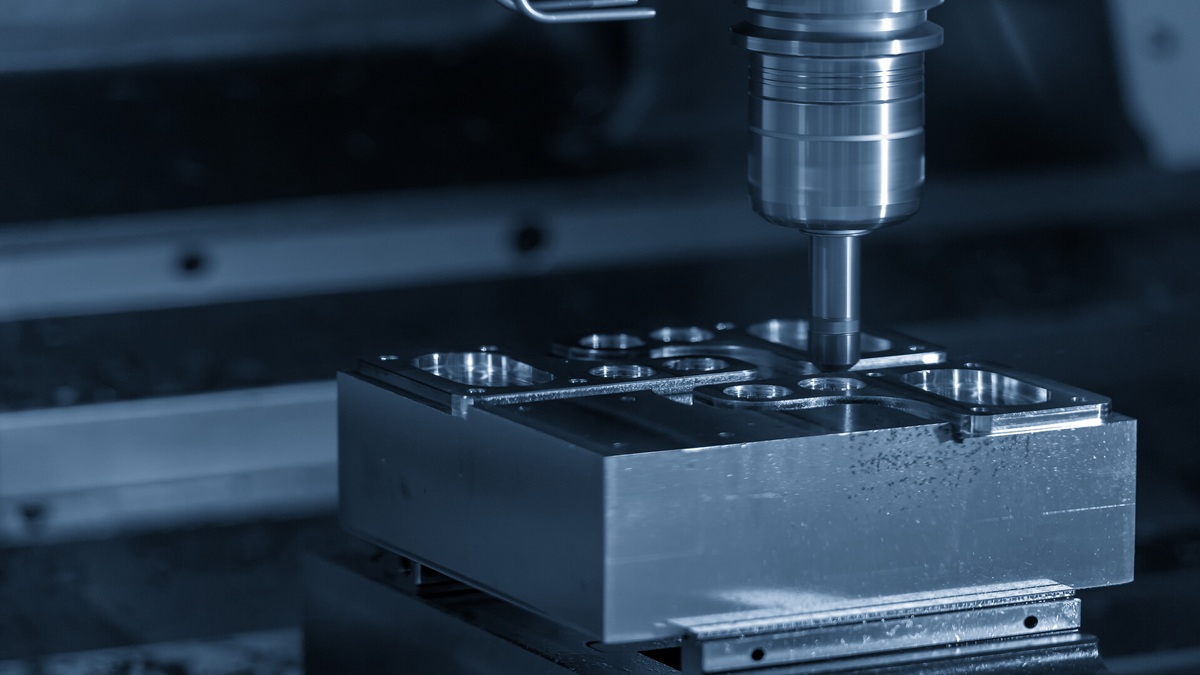Nurturing Talent in Taiwan's Manufacturing Sector: The Government's Strategy for a Competitive Future
Bridging the Skills Gap: Taiwan’s New Model for Academia-Industry Collaboration
Many people feel there is an insurmountable gap between the knowledge learned in school and the skills required by the industry. Recent graduates complain their studies don't match job requirements, while business owners lament the difficulty of finding immediately effective hires. To bridge this divide, the government is encouraging companies to establish long-term, close partnerships with universities and technology colleges to jointly develop curricula.
The government's multifaceted strategy includes:
Academia-Industry Collaboration Programs : These programs encourage companies to form long-term partnerships with educational institutions. Through internships and specialized industry-academia classes, students can gain exposure to real-world industrial environments during their studies, get an early understanding of industry needs, and build practical experience.
Technical Training and Certification : For existing technical staff, the government promotes a series of advanced training and certification programs, encouraging a combination of in-house company training and external workshops. These measures are designed to help current employees improve their professional skills and master cutting-edge technologies like smart and automated systems, ensuring the manufacturing sector's capabilities evolve with the times.
Digital Transformation Support : To ride the wave of smart manufacturing, the government provides resources to help manufacturers adopt digitized management systems and smart dialogue interfaces. This lowers the operational barrier, enabling employees to master new technologies faster, thereby improving production efficiency and product quality.
Beyond Hardware: The Key to Manufacturing's Digital Transformation is People
When we talk about the digital transformation of manufacturing, many people envision giant robotic arms, automated production lines, or control centers filled with data dashboards. While these are certainly important, without skilled people who have new mindsets to operate them, even the most expensive hardware is just a pile of cold metal. People are the most critical "soft power" in digital transformation.
Recognizing this, the government is actively promoting various initiatives to help companies navigate this profound internal and external transformation. This is not just about technology adoption; it's a massive skill-upgrading effort. The government provides resources to help companies implement digital management systems while training employees on how to use these new tools. The shift is well underway, moving from the reliance on the experience of veteran workers to a new generation of engineers who can precisely analyze data and operate intelligent interfaces.
A Shared Vision: Cultivating Talent for a Sustainable Manufacturing Future
The government's blueprint for talent cultivation is not merely a response to current challenges; it’s a grand vision for the future of Taiwan's manufacturing industry. At the heart of this blueprint is the firm belief that talent is the most valuable asset and the strongest source of a company's competitive advantage.
Only when the government and enterprises work hand-in-hand—through comprehensive training and extensive academia-industry collaboration—can they forge a sustainable ecosystem for Taiwan's manufacturing sector. This talent-centric strategy not only enables companies to innovate continuously and maintain product leadership but also lays a solid foundation for the long-term, sustainable development of manufacturing in Taiwan and worldwide.













.jpg)
.jpg)